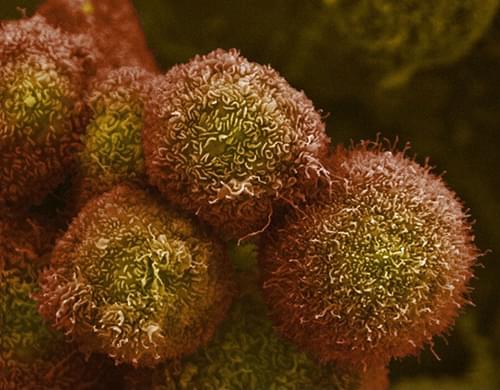K-Ras mutations are all too familiar as drivers of cancer. And until recently, they were considered all but undruggable. But ever since the arrival of sotorasib and adagrasib—two FDA-approved K-Ras-G12C inhibitors—K-Ras mutations have had the distinction of being somewhat druggable. Even better, K-Ras mutations may soon become yet more druggable. Scientists at the University of California, San Francisco, have found a way to target K-Ras-G12D mutations, which are especially prevalent in pancreatic ductal adenocarcinoma.
The scientists were led by Kevan Shokat, PhD, a professor in the department of cellular and molecular pharmacology. Back in 2013, Shokat and colleagues developed the first K-Ras-G12C inhibitors. And today, in Nature Chemical Biology, they present a paper (“Strain-release alkylation of Asp12 enables mutant selective targeting of K-Ras-G12D”) describing how they designed a candidate drug that could help make pancreatic cancer, which is almost always fatal, a treatable and perhaps even curable condition.
“[Covalent] inhibition of G12D, the most frequent K-Ras mutation particularly prevalent in pancreatic ductal adenocarcinoma, has remained elusive due to the lack of aspartate-targeting chemistry,” the article’s authors wrote. “Here we present a set of malolactone-based electrophiles that exploit ring strain to crosslink K-Ras-G12D at the mutant aspartate to form stable covalent complexes.”










Comments are closed.